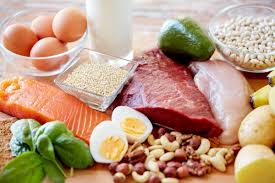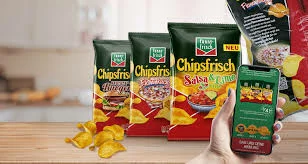Food and Beverage
The food and beverage industry is a vast and dynamic sector that encompasses a wide range of products and services. Some key aspects include:
Trends
1. Sustainability: Focus on
eco-friendly packaging, sourcing, and production
methods.
2. Health and Wellness: Growing
demand for nutritious, organic, and functional
foods.
3. Food Technology: Innovations
like plant-based alternatives, lab-grown meat, and food
delivery apps.

Challenges
1. Food Safety: Ensuring the
safety and quality of food products.
2. Supply Chain Management:
Managing complex supply chains and logistics.
3. Regulatory Compliance: Meeting
regulatory requirements and standards.
Opportunities
1. Innovative Products:
Developing new and unique food products that cater to changing
consumer preferences.
2. Digitalization: Leveraging
technology to enhance customer experience, streamline
operations, and improve supply chain management.
3. Sustainable Practices:
Implementing sustainable practices throughout the food
production and distribution process.
Some exciting developments in the food and beverage industry include:
Food Technology
1. Lab-grown meat: Meat produced
by culturing animal cells, reducing animal slaughter and
environmental impact.
2. Plant-based alternatives:
Plant-based meat, dairy, and egg alternatives gaining
popularity.
3. Food delivery innovations:
Apps, drones, and robots enhancing food delivery
experiences.

Sustainable
Practices
1. Eco-friendly packaging:
Biodegradable, compostable, and reusable packaging
solutions.
2. Locally sourced ingredients:
Supporting local farmers, reducing carbon
footprint.
3. Food waste reduction:
Initiatives to reduce food waste throughout the supply
chain.

Consumer Trends
1. Personalized nutrition:
Customized nutrition plans, products, and
services.
2. Functional foods: Foods with
added health benefits, such as probiotics and omega-3 rich
products.
3. Cultural and exotic flavors:
Increasing interest in international cuisines and unique
flavors.
Future Directions
1. Smart food packaging:
Packaging that monitors food freshness, safety, and
quality.
2. Food tech startups: Innovative
companies developing new food products, technologies, and
services.
3. Sustainable food systems:
Regenerative agriculture, vertical farming, and circular
economy approaches.
